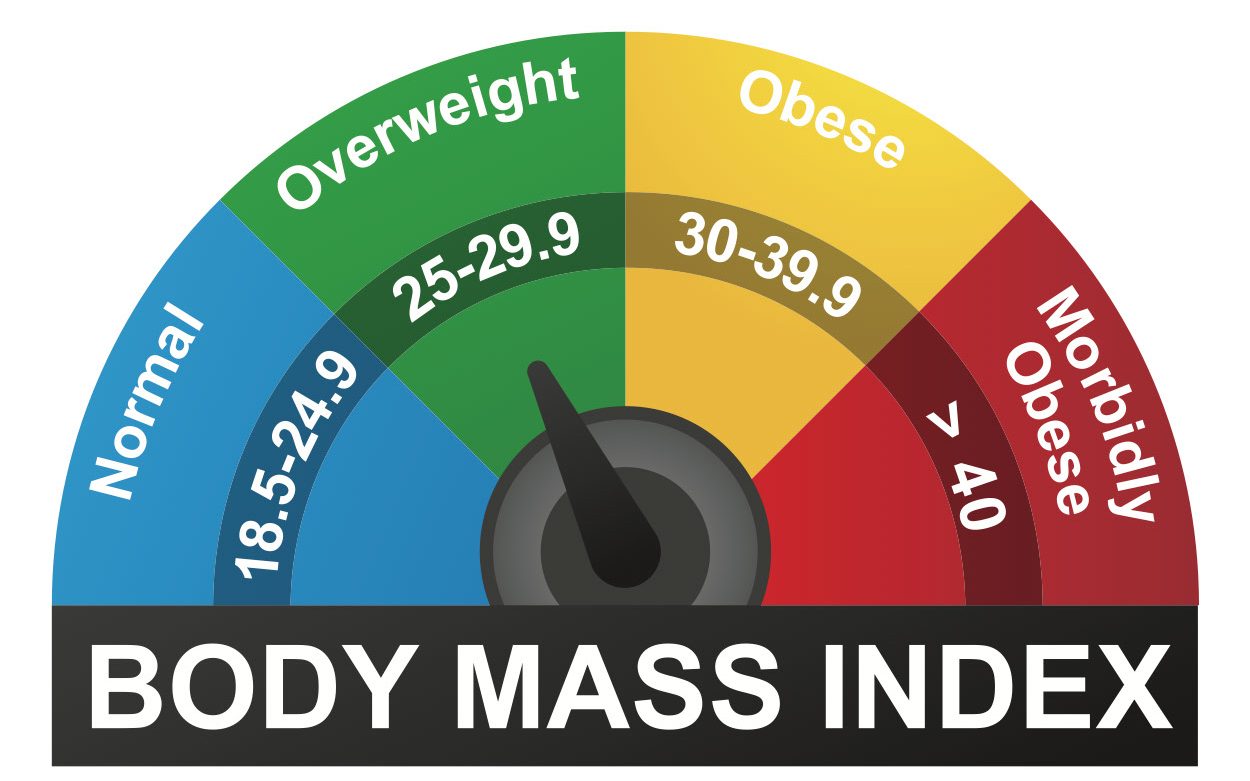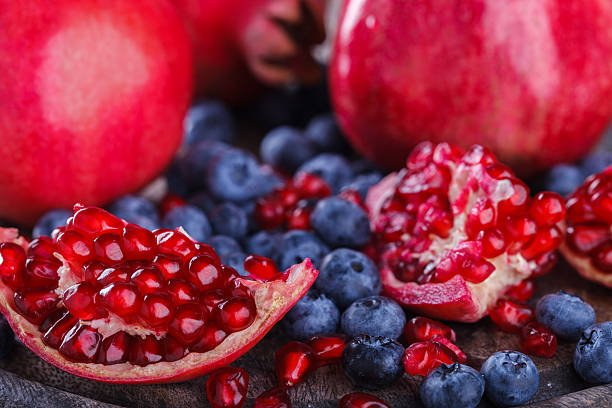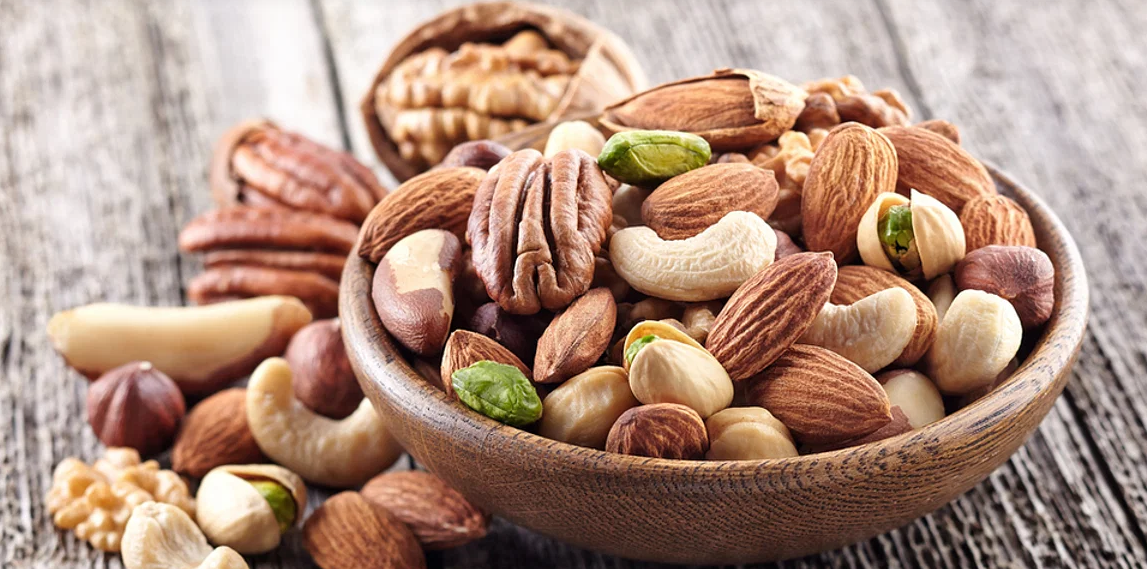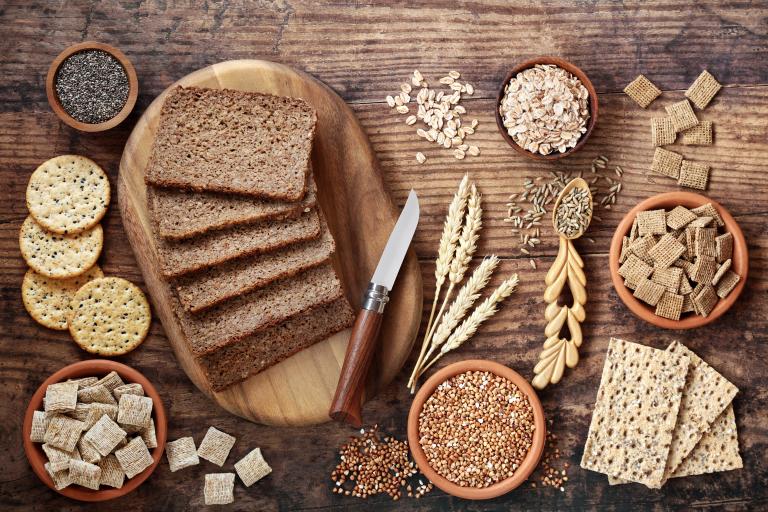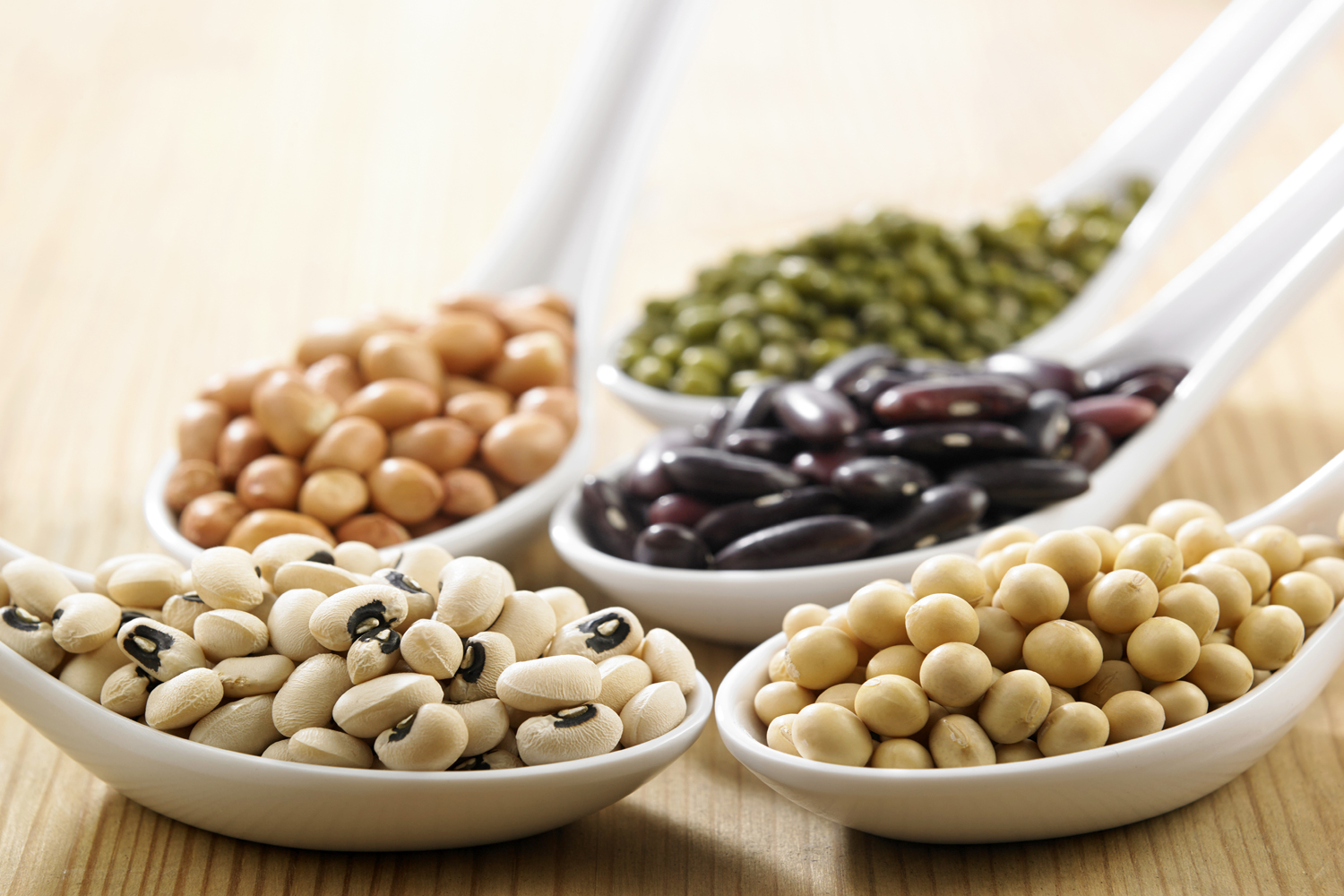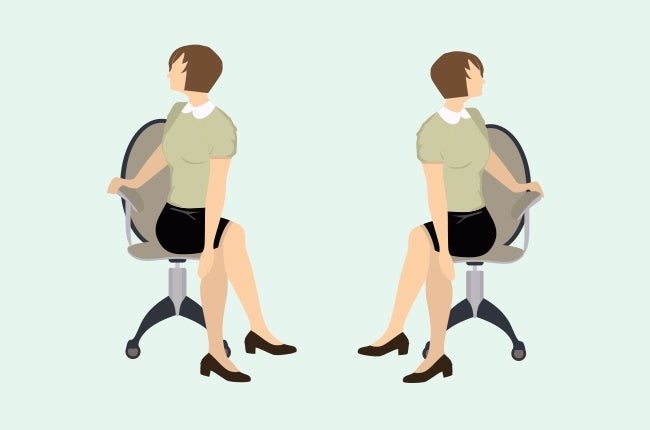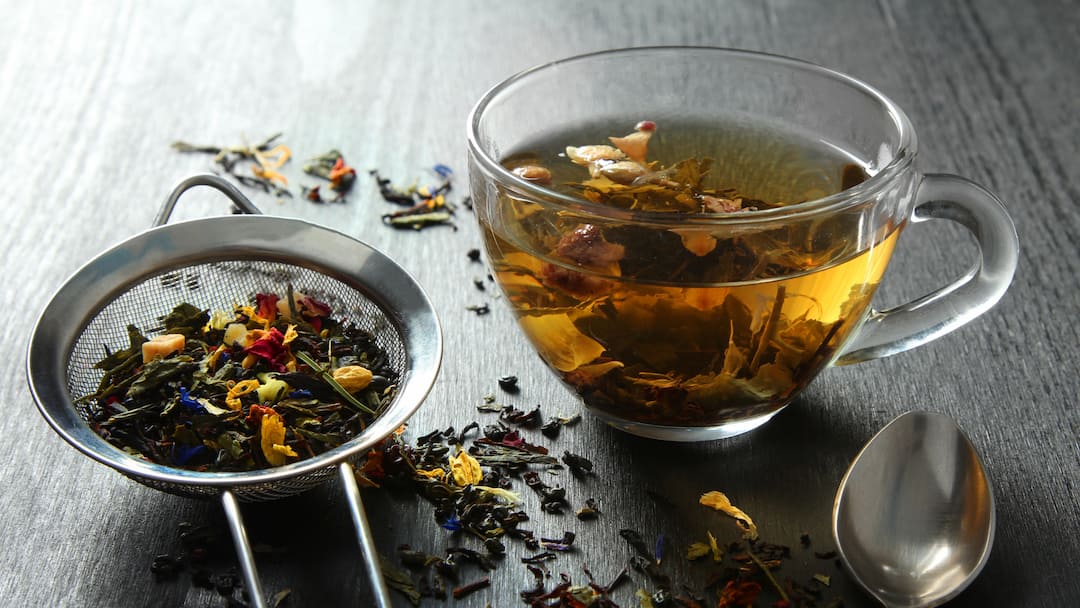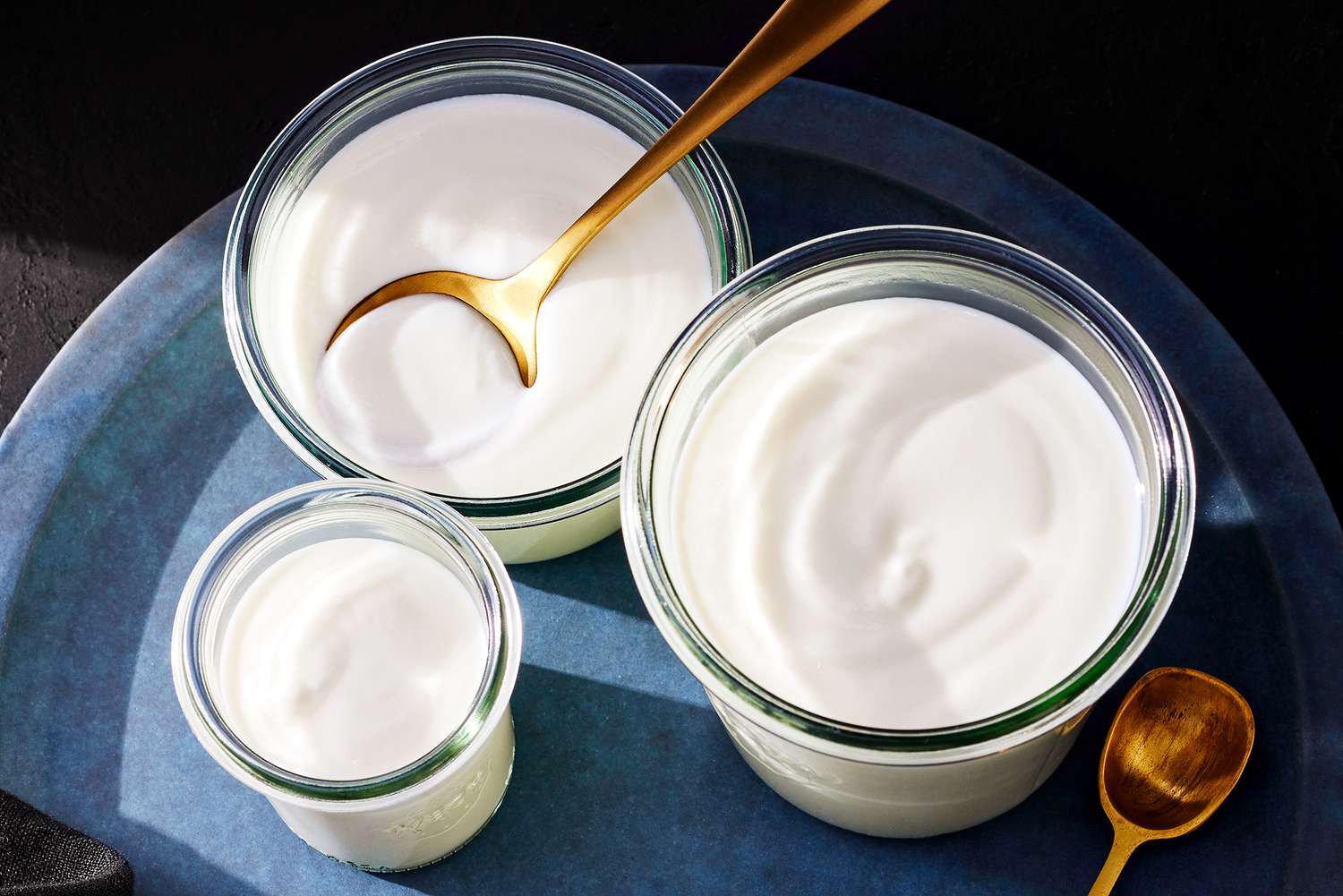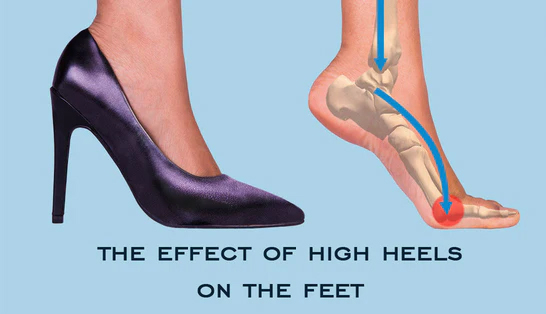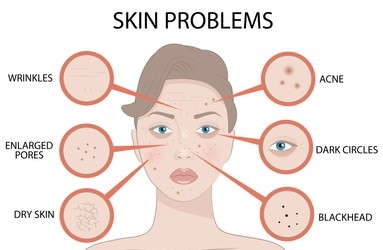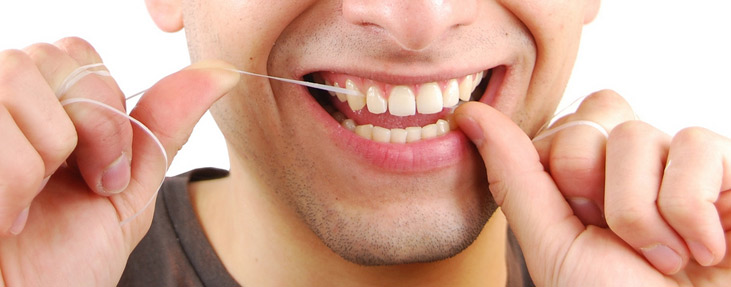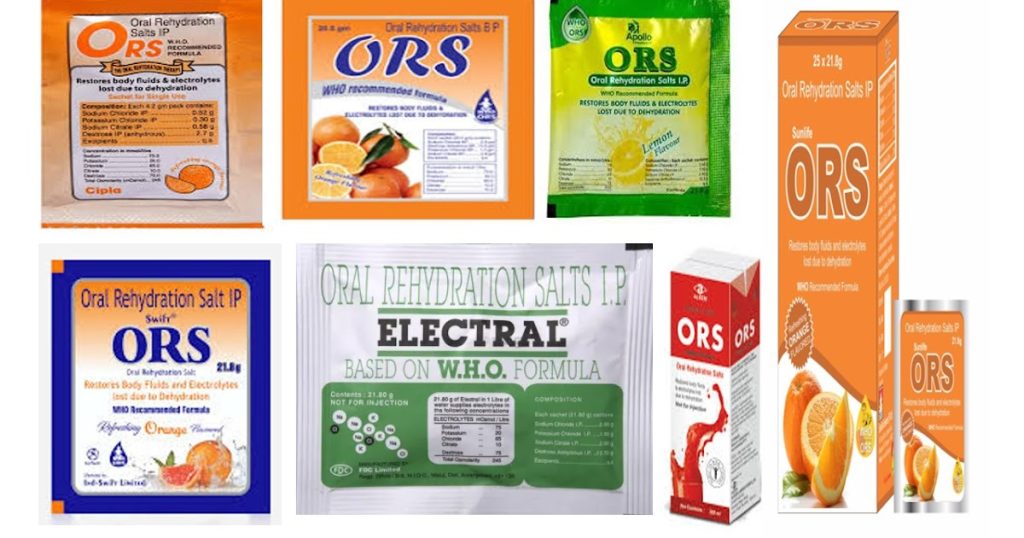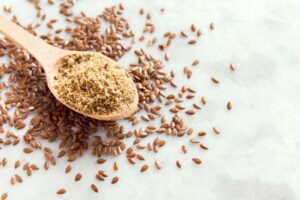Human bodies are built in a way that needs energy whatever they do such as walking, running, etc. Food is one of the primary sources they are getting energy from.
Whatever you do such as running, walking, reading, or sleeping also needs energy.
If you want to stay healthy then you have to consume the right amount of nutrients, proteins, and minerals.
Here in this blog, we will discuss what nutrients are good for the health and growth of our body.
Everything You Need to Know About Nutrients
Vitamins and nutrients are micronutrients that our body uses to function well. But the issue is our bodies can’t produce these micronutrients so get them from the healthy foods we eat.
Vitamins are classified into two types
- Fat-soluble
- Water soluble
Nutrients are classified into five types
- Micronutrients
- Macronutrients
Benifits of Consuming Nutrients

- Feel energetic all day long.
- Repair your tissues and prevent chronic healing issues such as type 2 diabetes, and cancer.
- Improve your heart health.
- Strengthen your bones and teeth.
- Maintain your weight.
Best Source of Nutrients
Protein
It is one of the essential elements of the body. Your organs, tissues, skin, bones, and hair need the right amount of protein to function properly. They speed up the chemicals that help in digestion and regulate the good hormones in our body.
It is essential for overall body functions especially when the brain communicates with the overall nervous system. It is also important for maintaining and building body muscles.
Foods that Contain Protein
- Egg
- Tofu
- Nuts
- Peanut
- Buttermilk and milk
- Yogurt
- Cheese
- Fish
- Chicken
Carbohydrates
It is the best source of fuel, our body breaks them with time and uses it for energy. It is divided into two types complex and simple carbohydrates.
Complex carbohydrates can take a long time to digest because they contain fiber and you might feel longer periods of time. Whole grains such as brown rice, legumes, and vegetables contain complex carbohydrates.
Simple carbohydrates are easy to digest. It contains sugar and flour that helps feel energetic for a shorter period of time.
Fats
It is an essential macronutrient for the body that helps to regulate the hormones and other functions of the body. Our brain has neurons and nervous systems that are made from fat.
Fats are classified into three types
- Saturated fat
- Unsaturated fat
- Trans fat
Food that contains Fats
- Salmon
- walnut
- Flax seeds
- Animal products
- Chips
- cookies
Water
It is a macronutrient and it doesn’t provide energy to the body still it is one of the important elements for the body. It is essential for the circulatory system and blood is composed of water.
Water keeps your body hydrated and prevents dehydration.
Vitamins
It is one of the essential parts your body needs. It is divided into various types and each plays an important role to prevent inflammation and diseases as well as keeping your body healthy.
A few vitamins play an important role (vitamin K and vitamin C) strengthen your bones and immunity system.
Food sources of vitamins
- Oily food
- Dietary food
- Vegetable oil
- Egg
- Fresh and dried fruits
- Animal fats
- Grains
- whole grain bread
Minerals
It also plays an important role such as it helps to improve bone structure, nervous system, digestion, improve your heart health.
Minerals are classified into two types
- Macrominerals
- Trace minerals
Food sources
- Fish
- Meat
- Cereals
- Nuts
- Fruits and vegetable
Click here to learn the secret diet plan for a healthy life.
Conclusion
Here in this blog, we have a detailed discussion about nutrients and their food sources. We hope you might find this blog useful and share it with others.




